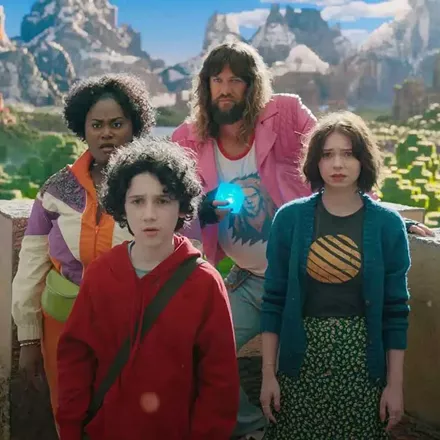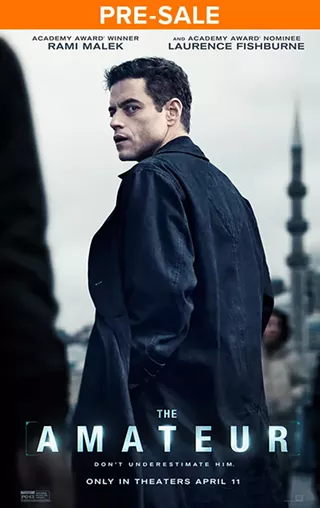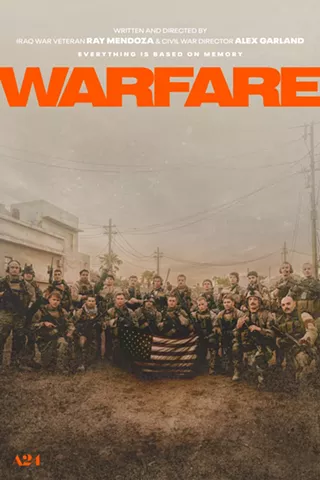But instead, Rob Schneider was played by Ryan Gosling, and there was no wrestling, and he was lying on a dirty bathroom floor, all messed up on crack. Clearly, I had been misled by the catchy title. Still, if films about drug-addicted junior high school teachers who have borderline improper relations with their students and wind up in sleazy hotel rooms having sex with prostitutes while waiting for a delivery of coke can be considered "feel good," then Half Nelson was the feeling-goodingest movie of the year.
I will say that Gosling is a much better actor than Schneider, and that Half Nelson has one of the most original scripts since Colin Powell's WMD speech at the United Nations. The film also features an amazing performance by Shareeka Epps as Gosling's tween-aged student Drey, a girl torn between the world of morality and intellect that her enthusiastic and mentally disturbed teacher claims to represent, and the world of drug dealing that is her family legacy.
Gosling plays Dan Dunne, who tries to teach his students that history is the product of Hegelian dialectics wherein opposite social forces collide to produce continuous change. Strangely, his 13-year-old students actually seem to enjoy this, and while his nose bleeds and pupils blow out, they all come to think of him as one of their favorite teachers.
But the problem is that while Dunne theorizes history as the process of change, he himself is incapable of change, having lost his girlfriend and most of the capillaries in his nose by wallowing in a post-pubescent world of idealism and self-medication.
As far as the film's central intellectual conceit, well, anybody can grab an idea from the history of philosophy and then set up an ironic counterpoint in drama. It's pretty much the basis for the Lethal Weapon movies (Wittgenstein's private language argument as embodied in Mel Gibson's use of high-caliber weaponry), two of the six Star Wars films (the ones that focus on existential terror that is Jar Jar Binks) and Old School (Descartes' problem of consciousness, obviously), but what sets Half Nelson apart is the intensity of the acting and its effectively uncomfortable script and story. If it weren't for a lack of plot that hamstrings the meandering middle third of the film, Half Nelson would be great. Instead, it's just very good.
The problem with the film is the standard problem with character studies. Writer/director Ryan Fleck establishes a lot about Dunne in the opening segments. Then he establishes it again. Then, in case you missed it, he establishes it 14 more times. Maybe this is done to showcase Dunne's lack of progress in life, but if you want to watch character without story, you can always call your uncle "Weeds" and ask him to come over and pass out on the couch while complaining about the Nixon administration.
Though Half Nelson has no overarching plot as such, there are a ton of tiny little stories that keep much of the movie doing what movies were named to do, which is to say: moving. Among the many strong segments is one where Dunne goes home to his mother and father, reformed hippies who play "Free to Be You and Me" and reminisce about the good ol' days. His father, played by Jay O. Sanders, gives an amazingly disturbing performance when he sits down drunkenly next to Dan and makes some casually racist comments.
But the truly horrifying scenes occur between Gosling and Epps. Their friendship begins when she finds him slumped in the girls' bathroom, too stoned on crack to stand up. Somehow, the sight of him drooling on the floor seems to inspire confidence in her, and she asks him for a ride home. As their relationship develops, it seems that Dunne is using Drey as a substitute for the girlfriend who dumped him.
But what Drey wants is a father figure, or at least a big brother. Her own brother is in prison, and her only other male role model is his former "boss," drug dealer Frank (Anthony Mackie). Since Frank deals to Dunne, and Dunne buys drugs from Frank, they both think the other is a bad influence on young Drey. Of course, they're both right.
To cement the horror of the film's small moments, cinematographer Andrij Parekh uses a shaky hand-held camera to get a documentary feel. He's good enough at it that it never becomes annoying, and the gritty look of the sets and streets hammers home the sense of despair. Dunne's apartment is particularly effective, a mixture of peeling paint and single-guy ennui enlivened only by a cat who doesn't quite make it to the end of the film.
The final third really redeems the slow middle. The various stories intersect; Dunne becomes more dangerous and irresponsible as his sense of responsibility for Drey grows; and his barely functional sexual relationship with another teacher degrades into a pathetic scene of violence.
When all the characters makes their final choices, they choose the only way they can--poorly--since the only choices presented to them are the worst possible ones. Drey lives out the dialectic that Dunne has been teaching, but it turns out that the opposing forces of Dunne and Frank aren't opposed enough to make the historical progress worthwhile.
It's heartbreaking and heavy, and eschews any Hollywood sense of good vs. evil. I wish the film had been edited so that it contained a more focused central conflict, but that wouldn't have been in keeping with its main idea: that sometimes life isn't about conflict, but selfish simplicity.










